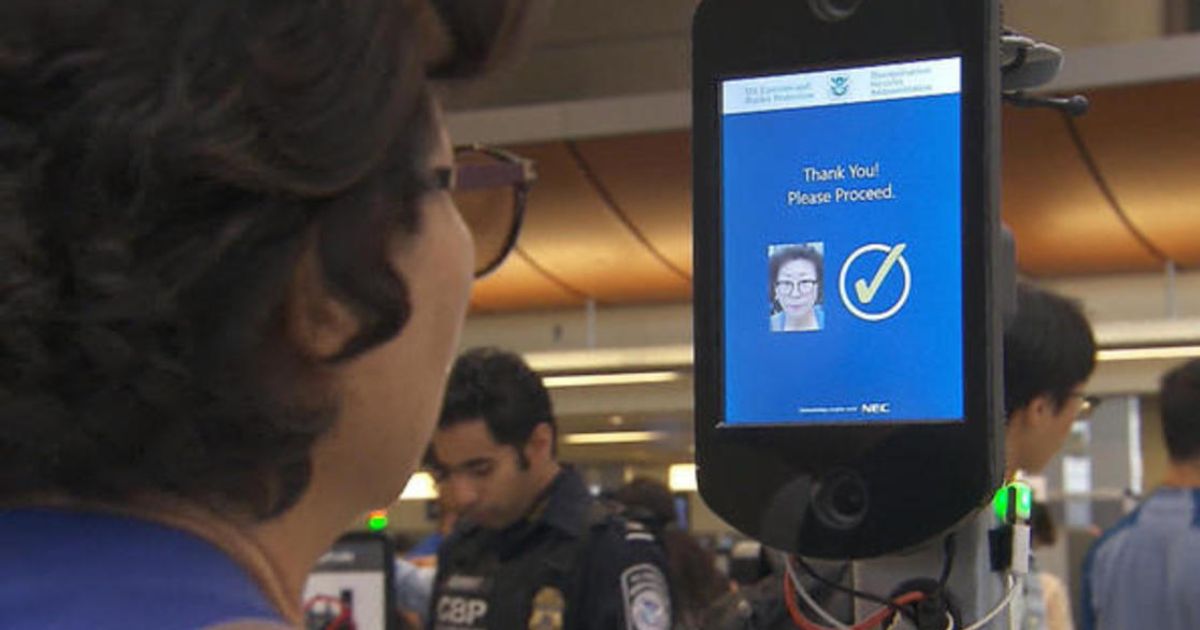TSAs Facial Recognition Technology Under FireLawmakers Compare It To Chinas Surveillance Tactics
3 minute readPublished: Friday, May 9, 2025 at 2:35 pm

TSA Facial Recognition Under Scrutiny: Lawmakers Raise Privacy Concerns
The Transportation Security Administration's (TSA) increasing use of facial recognition technology at airports is drawing fire from lawmakers, sparking concerns about privacy and potential misuse. Senators Jeff Merkley (Oregon) and John Neely Kennedy (Louisiana) are leading the charge, comparing the technology to surveillance tactics employed by the Chinese government and advocating for greater passenger control over their data.
Currently, the TSA utilizes facial recognition in over 84 airports nationwide, with plans for further expansion. The system aims to verify travelers' identities by comparing their faces to the photo on their ID. While the process is touted as more efficient than manual checks, the senators are raising red flags. They argue that the technology could create a "surveillance state" and potentially be used to track and oppress citizens, citing examples of government misuse of such technology globally.
Senator Merkley, in an interview with the Washington Post, highlighted the technology's power and the potential for it to be used as an instrument of oppression. Senator Kennedy echoed these concerns, calling the facial scans an invasion of privacy and criticizing the TSA for not clearly informing passengers of their right to opt out. Passengers *do* have the option to request a manual identity check instead of the facial scan by simply asking a TSA agent.
The senators are pushing for the "Traveler Privacy Protection Act," a bipartisan bill that would make manual identity checks the default and limit the TSA's ability to use the facial recognition data. This bill aims to ensure the technology is used solely for identity verification and to protect personal data collected by the TSA. The facial scanning process was initially introduced in 2021 as part of the TSA's trusted traveler program. As travel season approaches, the debate over the balance between security and privacy intensifies.
Keywords: TSA, facial recognition, airport security, privacy, surveillance, Jeff Merkley, John Neely Kennedy, Traveler Privacy Protection Act, biometrics, travel, security, identity verification, opt-out, surveillance state, government surveillance, passenger rights, data privacy, airports, China, Uyghur, Transportation Security Administration.